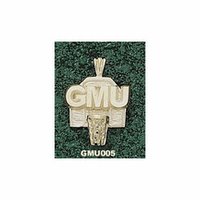
For instance, the NCAA pool at my office. 17 of us are taking part. 16 of us are dead for the coming weekend, having predicted as winners in the national semi-finals and finals none of the teams that made it to the Final Four. And the 17th person picked UCLA to win in the semis and lose in the finals. Seven of us correctly predicted exactly one of the Final Four (six, myself included, picked UCLA, and one picked Florida); everyone else was 0-for-the-Final-Four.
The good news is that the final rankings in our pool are almost set: if UCLA wins its semi-final game, the guy that picked them wins the pool; if they lose, he comes in second. And whatever happens, I come in third.
Idle speculation leads to the next question: what are the odds of perfectly predicting the entire 64-team tournament? This article indicates that if every game were a 50-50 proposition, the odds of a perfect bracket are about one in nine million trillion. If you factor in the observation that, more often than not, favorites win their games, the odds are somewhat more reasonable: estimated at between one in 150 million to one in a billion.
Good enough odds that various companies - including AOL and PapaJohn's - have contests promising huge prizes (a million bucks, or a million pizzas) to anyone who correctly picks the entire bracket. They won't have to pay out this year, as no one in any of the contests got through the first weekend with perfect picks.
Still, I'd liked to have picked as well as this guy (who is leading in the Washington Post's bracket contest). Perhaps I could get him to pick stocks for me.

No comments:
Post a Comment